Xi Lauds Stronger China-Russia Ties as Putin Welcomes 'Dear Friend' in Moscow
Chinese President Xi Jinping and Russian President Vladimir Putin showcased a deepening alliance during a ceremonial visit to Moscow, where Xi was honored ahead of Victory Day commemorations. The leaders emphasized their shared opposition to U.S.-led global influence, underscoring their countries' strengthened relationship amid ongoing global tensions.
Chinese President Xi Jinping received a warm welcome at the Kremlin on Thursday, where he met with Russian President Vladimir Putin ahead of the Victory Day parade marking the 80th anniversary of the end of World War II. This visit marks Xi’s 11th trip to Russia, underscoring the increasingly close relationship between the two countries.
Following nearly four hours of talks, Xi described the meeting as “in-depth, friendly, and fruitful,” while Putin hailed Xi as a “dear friend,” emphasizing that bilateral ties were at an unprecedented level. The two leaders presented a united front against what they called a hegemonic global order dominated by the United States.
The visit comes at a time when tensions are high globally, with Washington pressuring Moscow over the Ukraine war and intensifying its trade conflict with Beijing. The U.S. has also tried, unsuccessfully, to diplomatically separate Russia from China. In response, Xi and Putin signed a joint declaration aimed at further strengthening their strategic partnership. Putin also announced plans to visit China later this year to commemorate Japan’s defeat in World War II.
Xi used the occasion to highlight the enduring friendship between the Chinese and Russian peoples, stating, “History and reality have fully proven that the continued development and deepening of China-Russia relations is a natural continuation of our longstanding ties.”
The backdrop to this visit was a tense security environment in Moscow. Ukrainian drone threats led to the temporary shutdown of most major airports, disrupting flights for visiting dignitaries including Serbian President Aleksandar Vučić. Although Russia had declared a three-day ceasefire for the Victory Day celebrations, both sides accused each other of violating it. Ukrainian officials reported hundreds of attacks by Russian forces despite the declared truce, calling it a “farce.”
Xi's arrival, escorted by Russian fighter jets and greeted by military honors, was symbolic of China’s growing influence and support for Moscow. In a commentary published in Russian media, Xi recalled the wartime alliance between the two nations and criticized modern-day unilateralism and power politics—a clear reference to U.S. foreign policy.
He reiterated China’s claim over Taiwan and praised Russia’s continued support for the “one-China principle,” warning against any form of Taiwanese independence. This message came as Taiwan’s president, Lai Ching-te, urged European leaders to support Taiwan against rising authoritarian threats, drawing parallels to the lead-up to World War II.
China’s economic backing has been vital for Russia amid Western sanctions over Ukraine, and Kyiv has grown increasingly vocal in accusing China of enabling Russia’s war effort. As Xi and Putin reinforce their alliance, Western leaders remain concerned about possible future aggression in the Asia-Pacific, particularly regarding Taiwan.

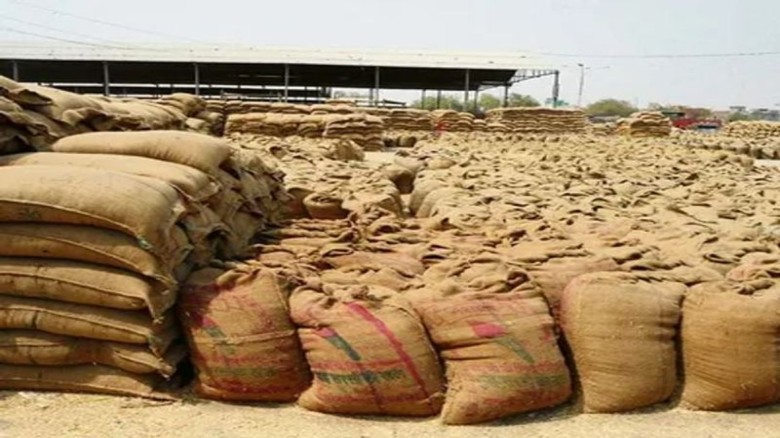
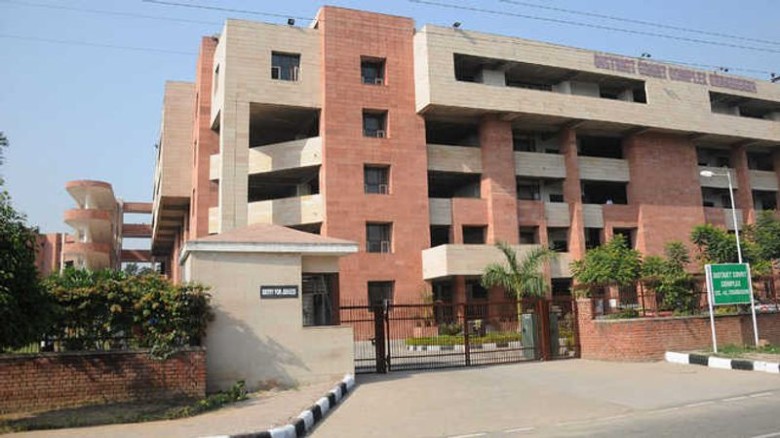
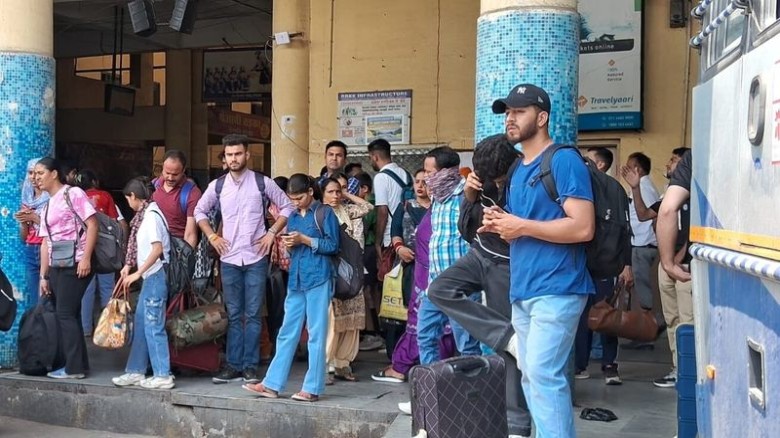
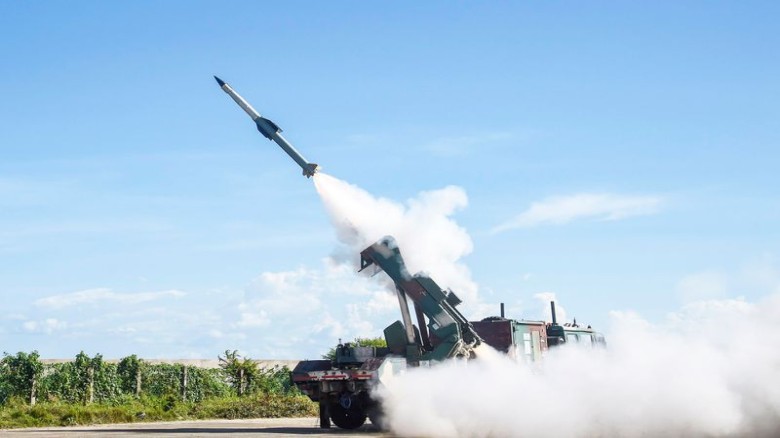
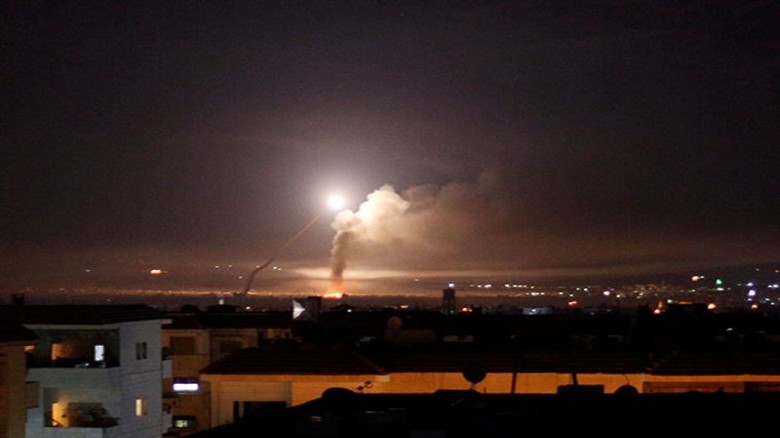
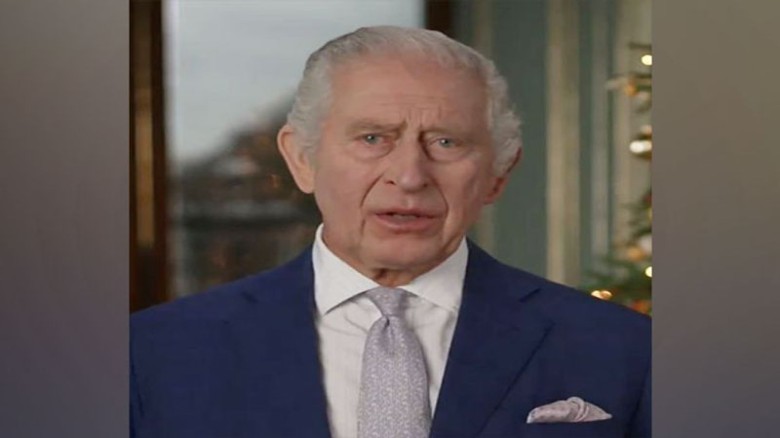
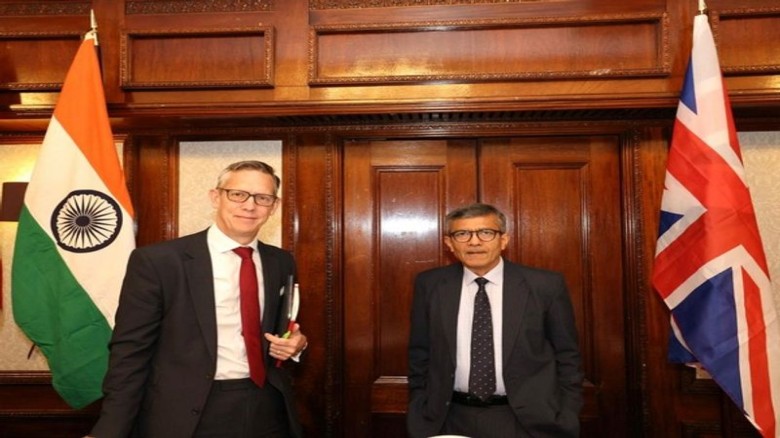
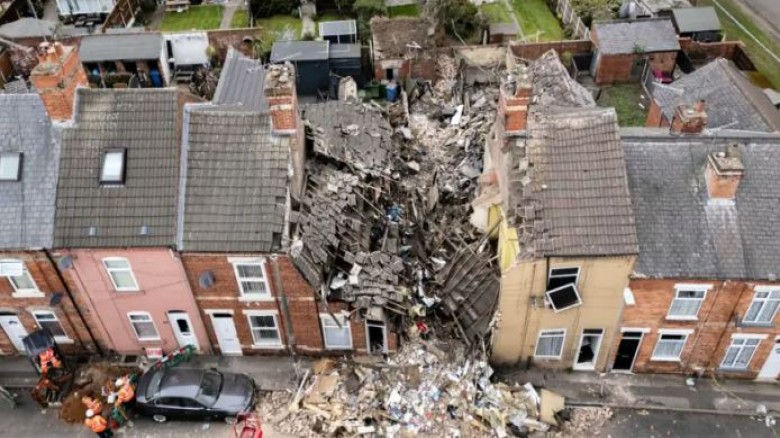
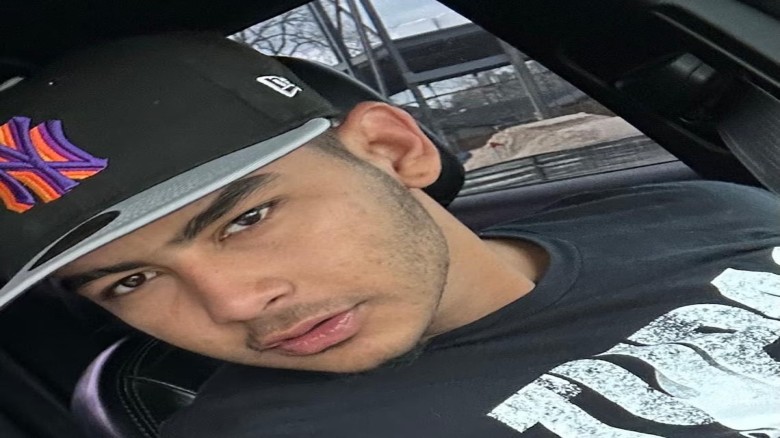
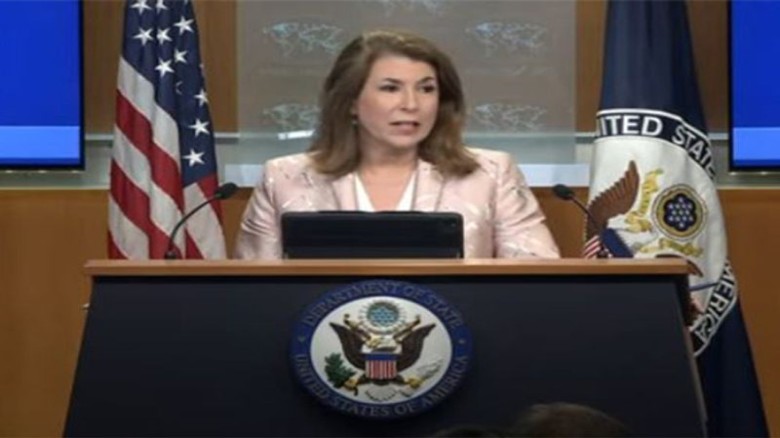
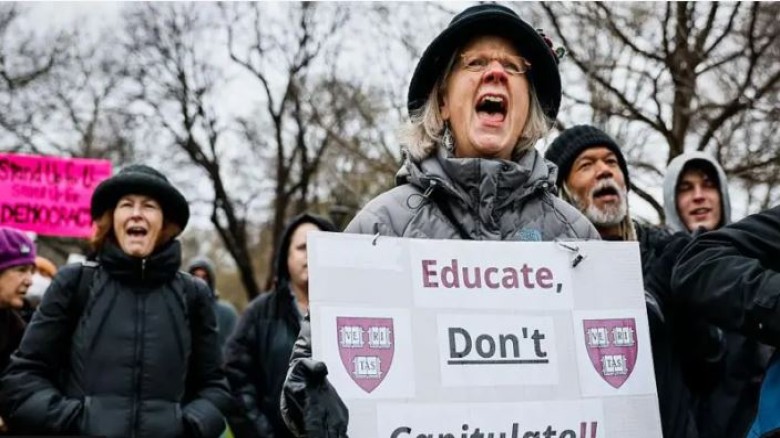
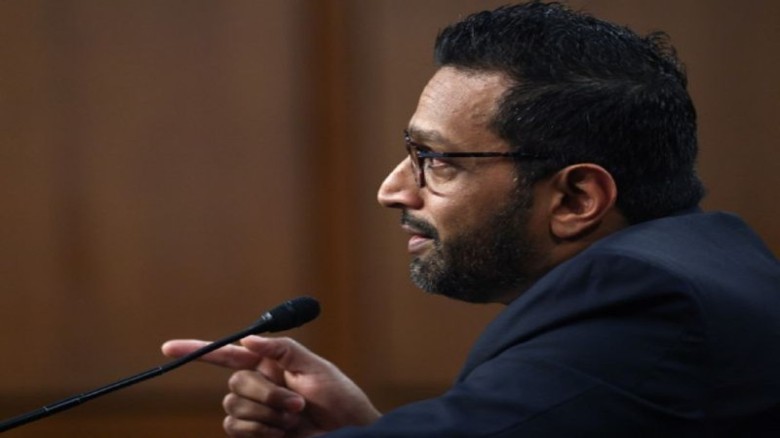

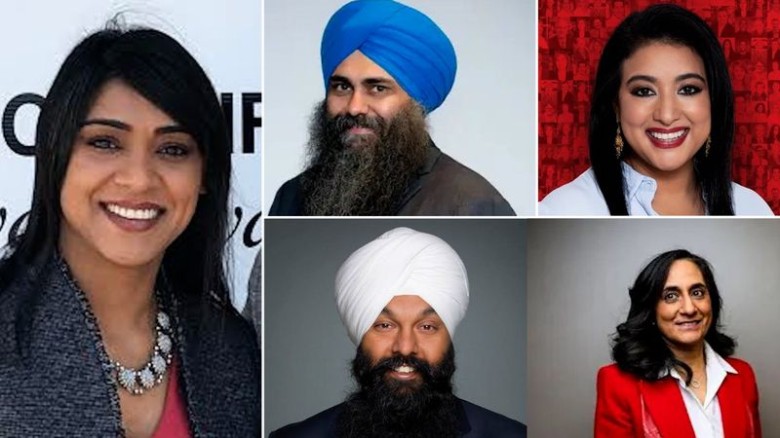


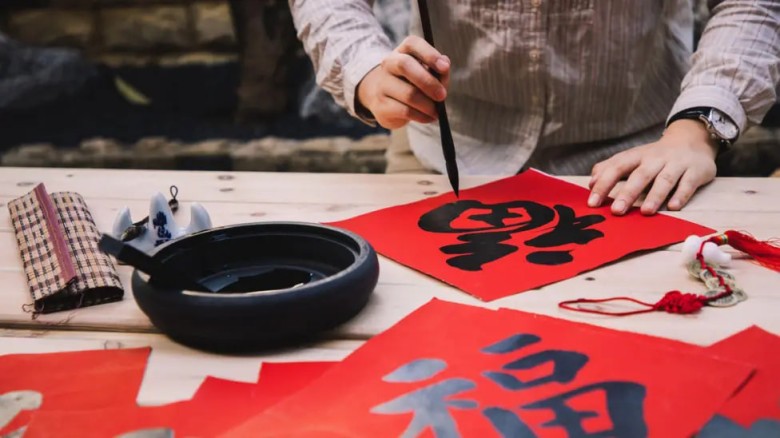
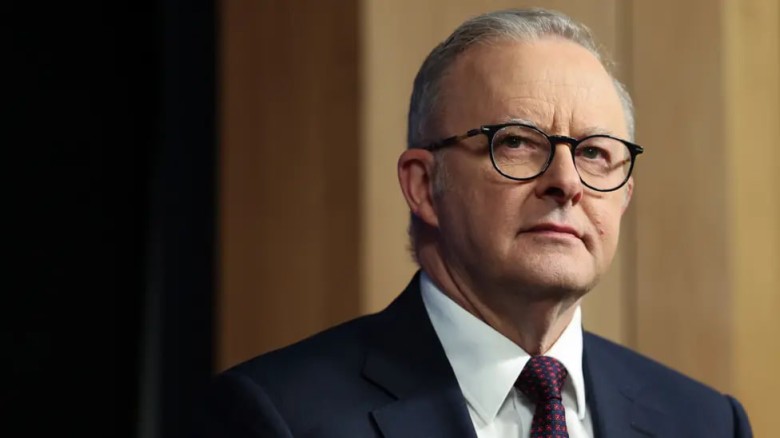
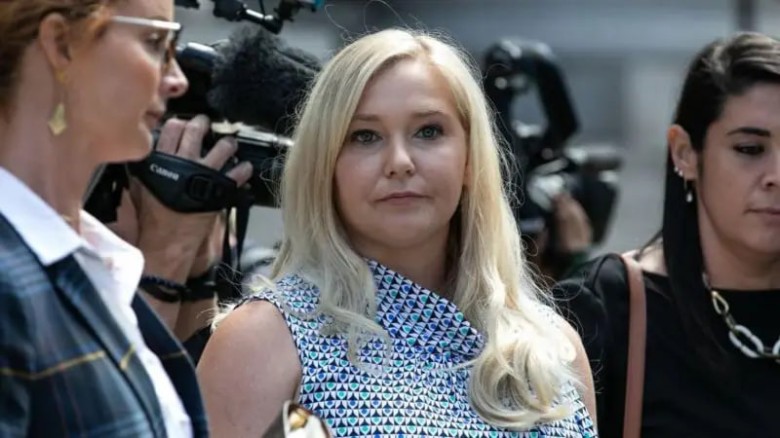

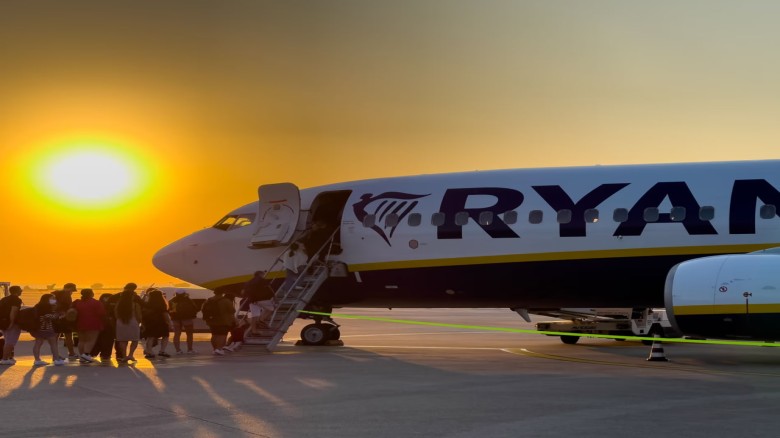
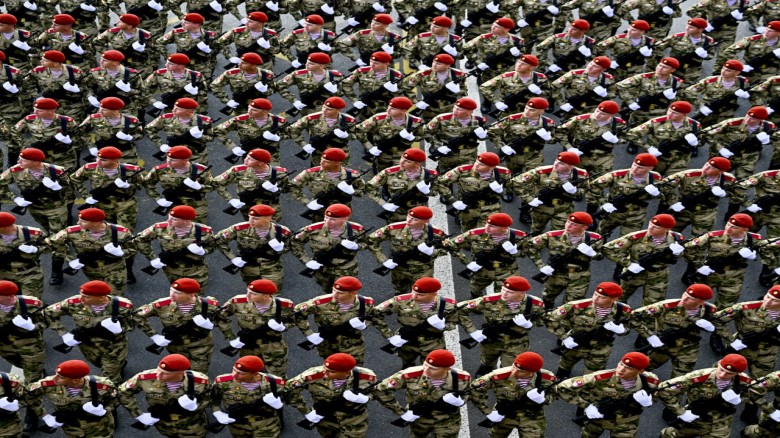
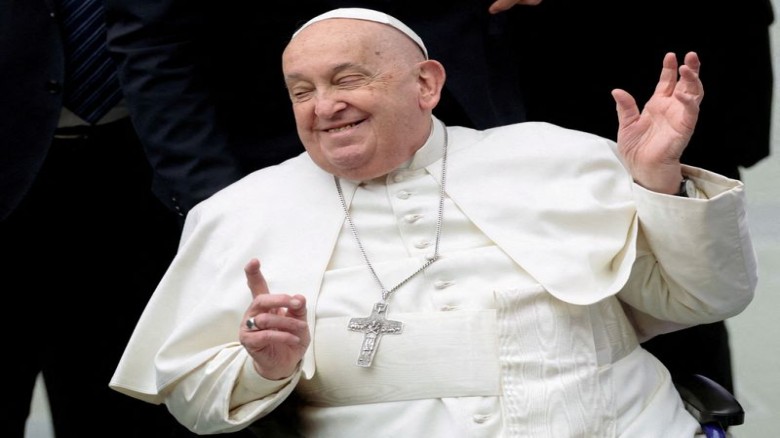
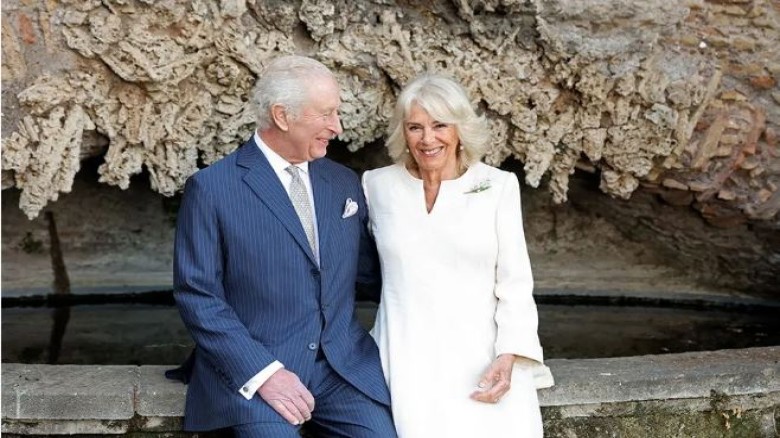
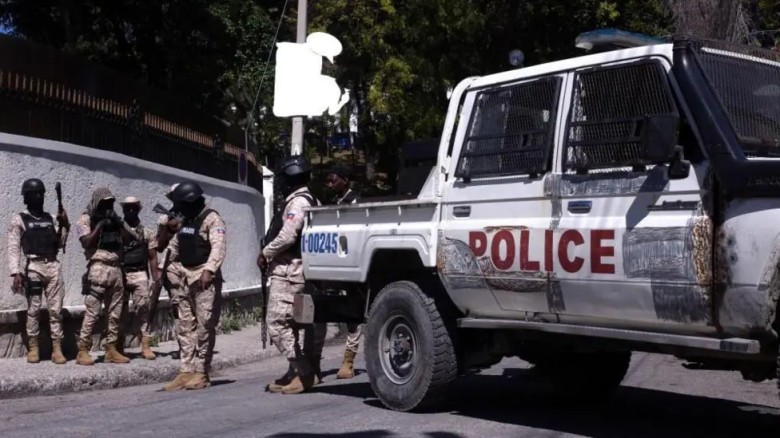
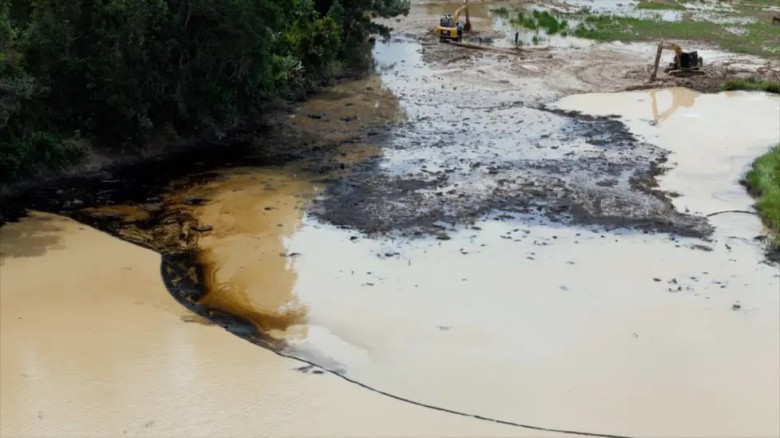
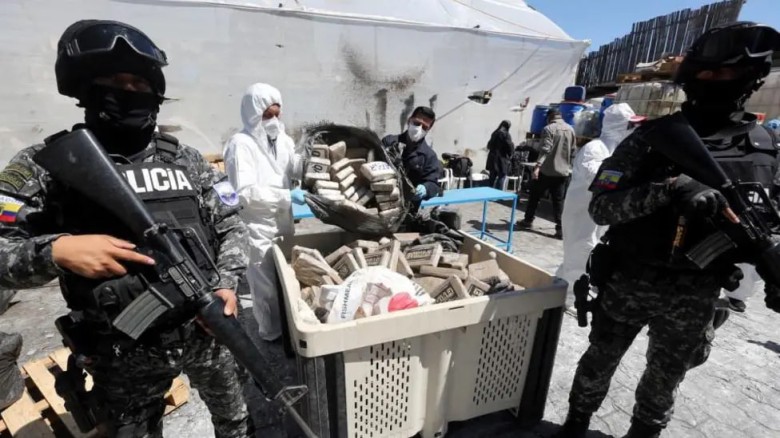
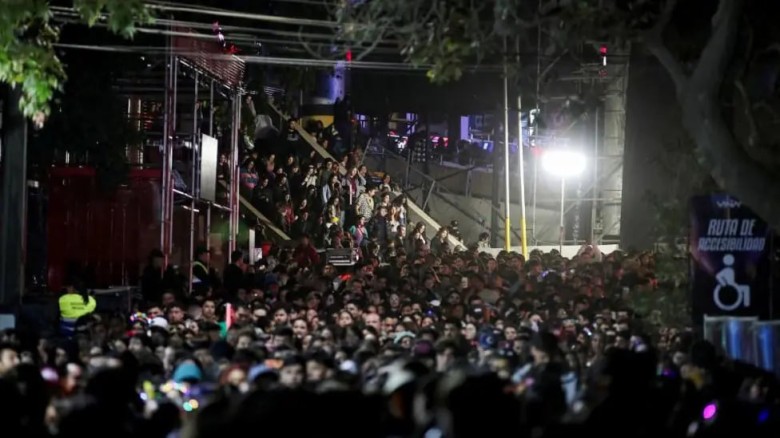







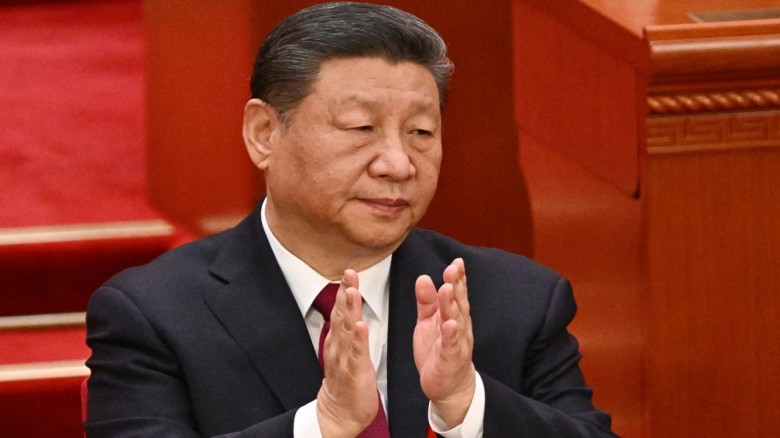

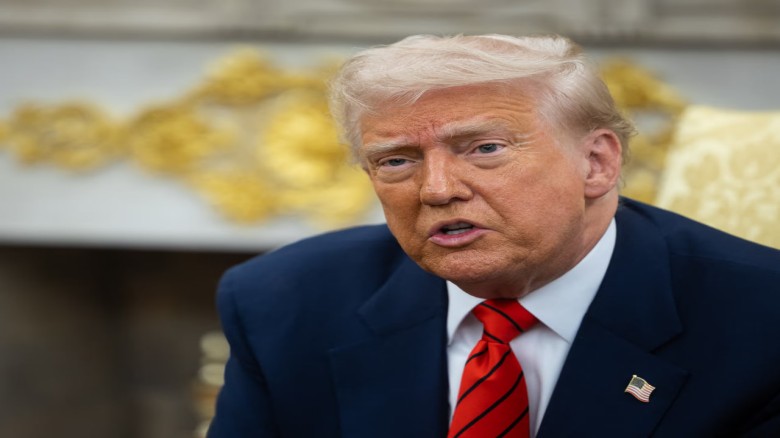
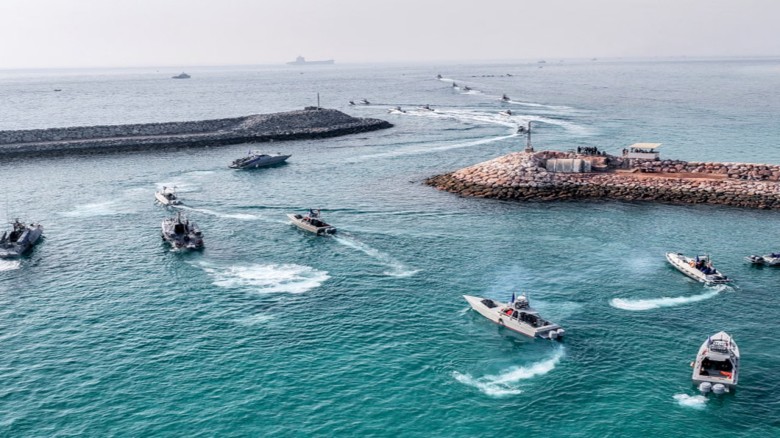

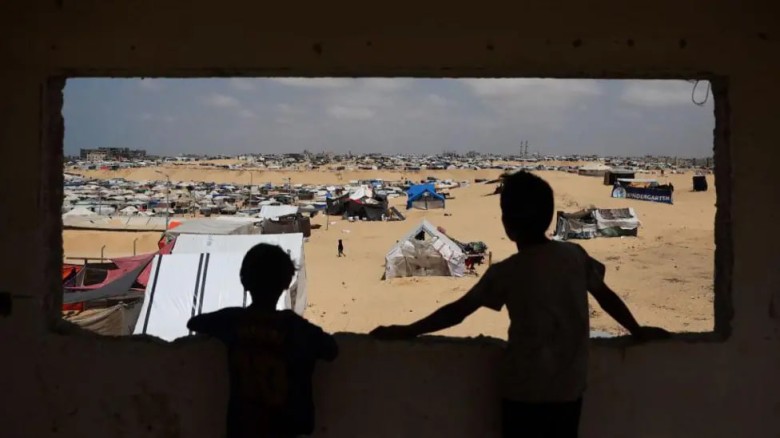



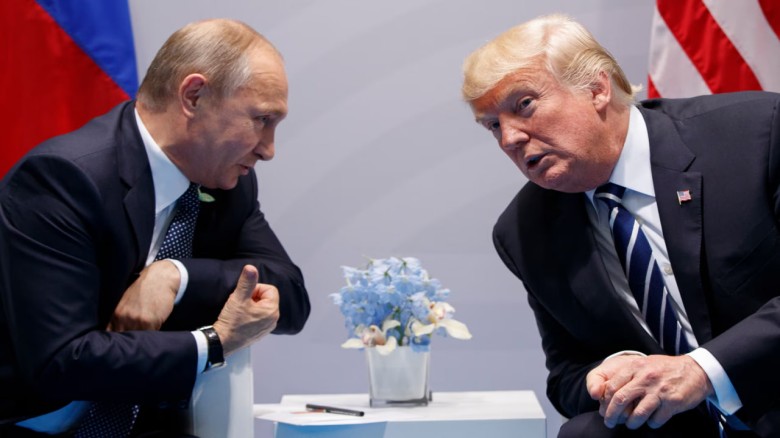



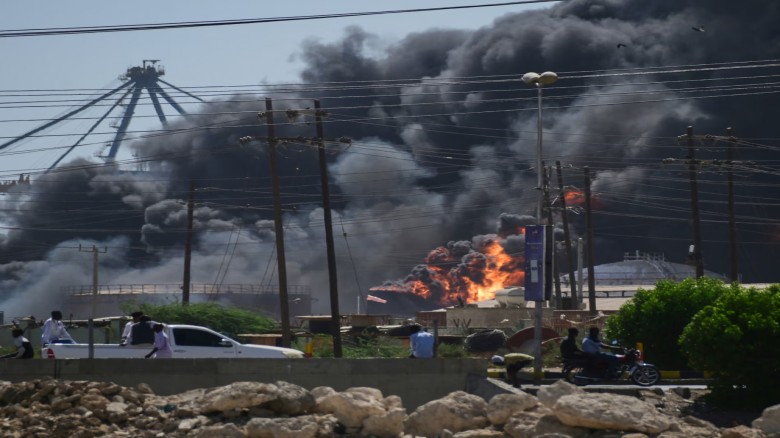
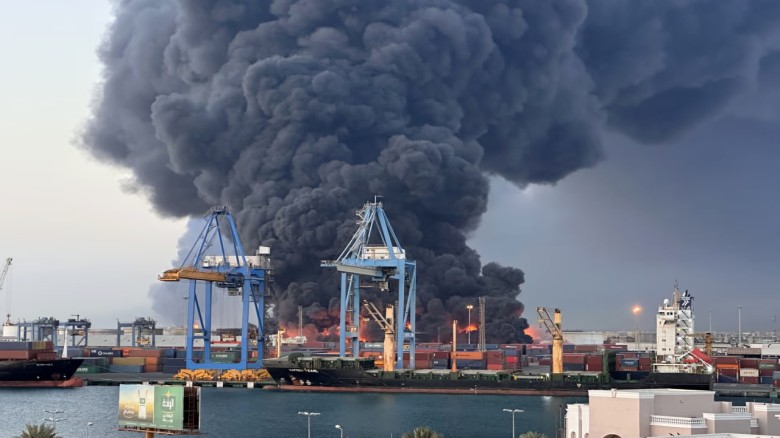
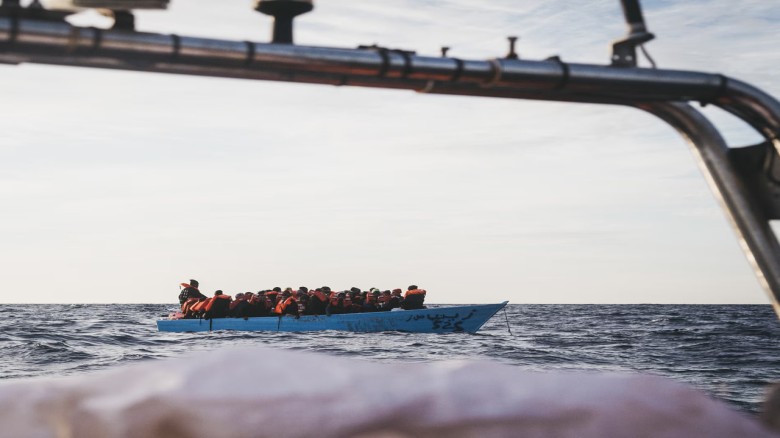
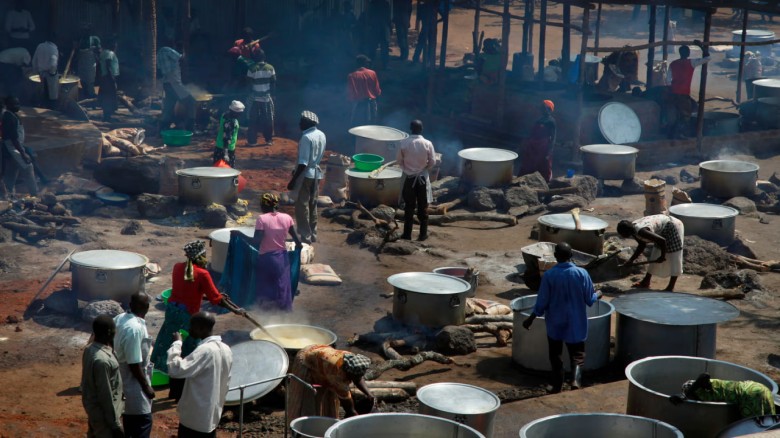
















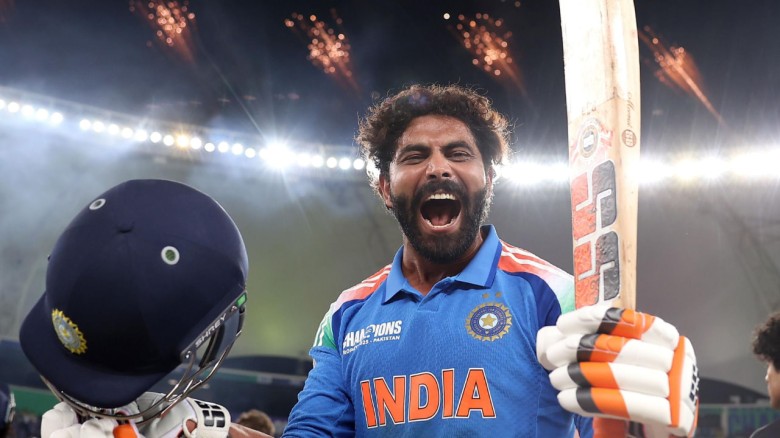


Leave A Comment